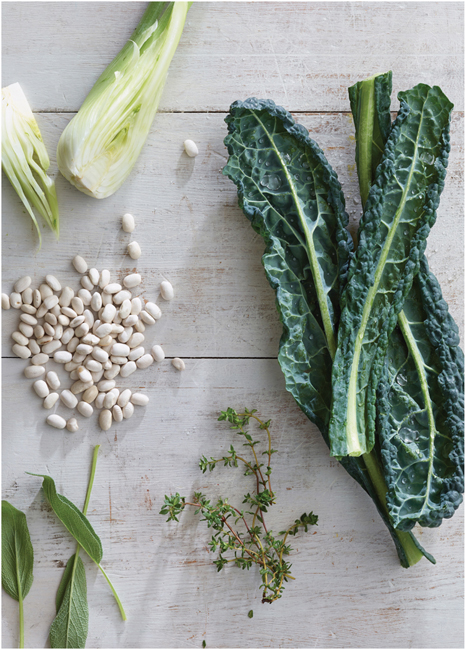THE CULINARY PHARMACY, open 24/7, is the place where you can dive in headfirst to the latest science behind nearly every ingredient in the book. The information here has been drawn from hundreds of peer-reviewed studies conducted with humans, animals, and in the lab, looking at the connection between foods and the brain. Though the pace of this research is increasing, and more suggestive links are occurring all the time, the science hasn’t yet reached the place where many definitive conclusions can be drawn between diet and brain health. Still, it is worthwhile—and fascinating—to see what science has uncovered to date—always remembering the picture is an evolving one.
It’s a delight to find out that foods you always thought were delicious also turn out to be power-packed with brain-healthy nutrients. And there are surprises as well: betcha didn’t know that tiny little pepitas—aka pumpkin seeds—have a triple kick of potassium, magnesium, and calcium, which have all been associated with delaying cognitive decline and boosting
mood.
Everything from
allspice to yogurt is included here—some eighty-plus ingredients in all—with notes on the roles they play in helping
memory, mood, sleep, energy, and more. This is one of those sections of the book you’ll find yourself sampling time and again. It’s almost as addictive as the food itself. Enjoy.
